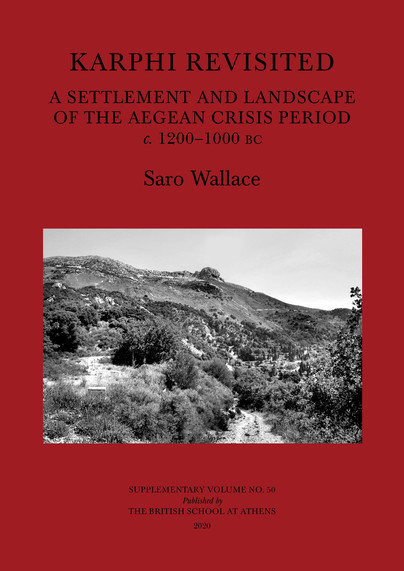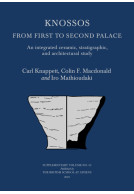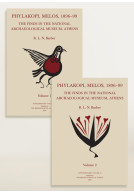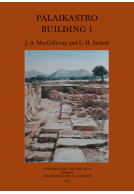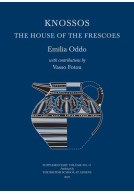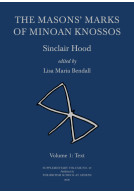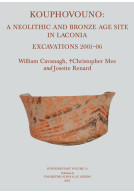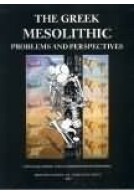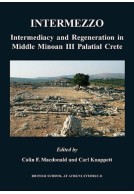Karphi Revisited (Hardback)
A Settlement and Landscape of the Aegean Crisis Period c. 1200–1000 bc
Imprint: British School at Athens
Series: BSA Supplementary Volume
Pages: 418
Illustrations: 80 half-tone plates; 4 colour plates; 91 line-drawings; 68 tables; 47 charts
ISBN: 9780904887723
Published: 15th November 2020
Script Academic & Professional
Series: BSA Supplementary Volume
Pages: 418
Illustrations: 80 half-tone plates; 4 colour plates; 91 line-drawings; 68 tables; 47 charts
ISBN: 9780904887723
Published: 15th November 2020
Script Academic & Professional
You'll be £145.00 closer to your next £10.00 credit when you purchase Karphi Revisited. What's this?
+£4.99 UK Delivery or free UK delivery if order is over £40
(click here for international delivery rates)
Order within the next 11 hours, 7 minutes to get your order processed the next working day!
Need a currency converter? Check XE.com for live rates
(click here for international delivery rates)
Order within the next 11 hours, 7 minutes to get your order processed the next working day!
Need a currency converter? Check XE.com for live rates
The site of Karphi, situated in the Lasithi mountains of eastern Crete and occupied from c. 1200-1000 bc, provides a rare example of a large-scale creative response to the economic and political crisis that swept the Mediterranean c. 1200 bc. Other settlements established in this period indicate community fragmentation, relocation and defensive planning; but most excavated examples are small, while deposits at larger sites are masked by later remains. Excavations at Karphi in the 1930s undertaken by John Pendlebury for the British School at Athens uncovered roughly one-fifth of the settlement.
The present volume publishes in full the data from excavation and survey work carried out at Karphi and in its surrounding area from 2008 to 2012, helping to confirm the complexity and coherence of this large crisis-period community. Key features include a new public building (differing from the Temple explored by Pendlebury); a hitherto unknown district or sub-settlement on Megali Koprana to the south (with evidence for selective re-use later in the Iron Age); and a fortification system (documented and explored for the first time).
The project revealed that the site ended in a burnt destruction, suggesting that conflict accompanied territorial expansion as political conditions changed during the formation of Cretan polis-type states from c. 1000 bc. The first scientific studies, including soil and historic land-use surveys, reconstruct the landscape around this new community, together with its subsistence and exchange practices. Understanding of the Middle Bronze Age use of the Karphi peak as a sanctuary is also enhanced by the discovery of associated material, likely from an auxiliary area, under crisis-period buildings
Other titles in the series...
Other titles in British School at Athens...







